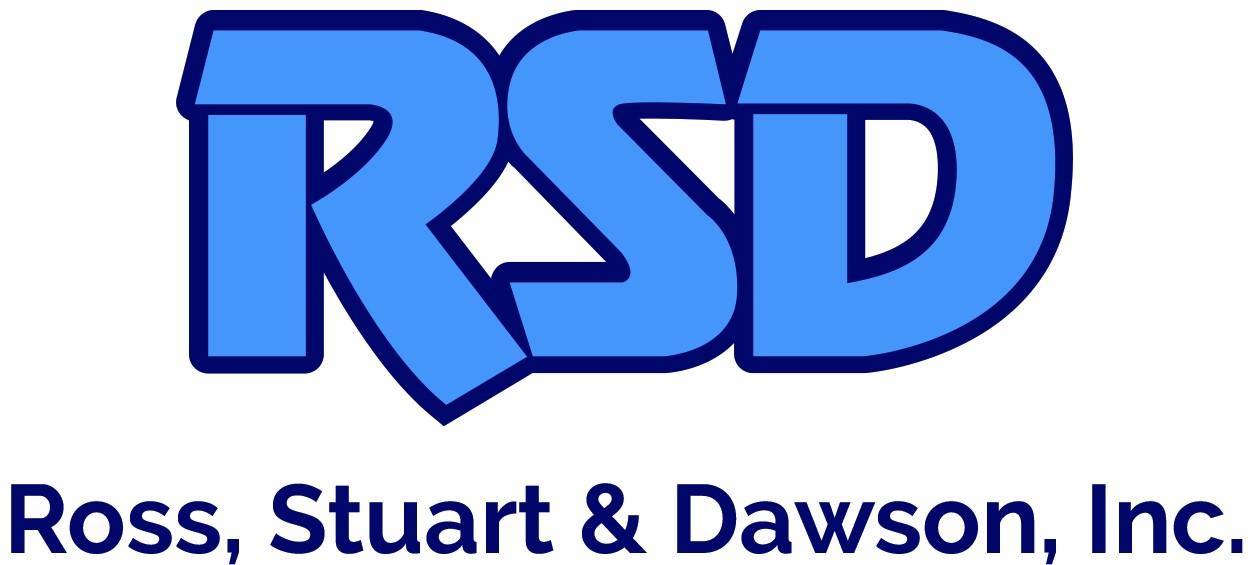Legal Issues in Commercial Debt Collections: What Businesses Need to Know
How does the law affect commercial collections?
What rules does your business need to be aware of?
Navigating the world of commercial debt collection involves more than persistence—it requires a strong understanding of the legal landscape. Whether you're trying to collect on an overdue invoice or considering legal action against a non-paying client, understanding your rights and responsibilities is critical. Here’s what businesses need to know about the legal issues involved in commercial collections.
1. Understanding the Legal Framework
Commercial debt collections are governed by a different set of rules than consumer debt. Key among these is the Uniform Commercial Code (UCC), which provides guidance on sales of goods, secured transactions, and negotiable instruments. Familiarity with the UCC can help collectors understand how to enforce liens or reclaim goods when terms of sale are violated.
In addition, commercial collections may involve filing lawsuits, obtaining judgments, or placing liens on a debtor’s property. Each step in the process requires adherence to specific legal procedures and documentation to ensure enforceability and avoid violations.
Unlike consumer collections, commercial collectors are not bound by the Fair Debt Collection Practices Act (FDCPA), but that doesn’t mean anything goes. Ethical practices and adherence to state laws remain crucial to maintaining a solid professional reputation and avoiding countersuits.
2. When to Take Legal Action
Not all debts require immediate legal escalation—but when a debtor is unresponsive, disputes the debt, or has made repeated promises without payment, it may be time to consider legal action.
Before filing suit, it’s important to weigh:
- The amount owed: Legal action often makes more sense for higher balances.
- The likelihood of recovery: If the debtor has no assets or is already insolvent, a lawsuit may not be productive.
- Previous collection efforts: Exhausting informal and formal collection tactics is typically advised before proceeding to court.
Successful legal actions can result in judgments, which may allow you to garnish wages, levy bank accounts, or place liens on assets—depending on your state’s laws.
3. The Role of a Lawyer in Debt Recovery
Engaging a qualified attorney can significantly increase your chances of successful debt recovery, especially in complex or high-stakes cases.
Legal professionals can assist with:
- Drafting demand letters that carry legal weight and encourage resolution without litigation.
- Evaluating the debtor’s financial situation and determining whether court action is likely to yield results.
- Filing lawsuits and representing your business in court, ensuring that all procedural rules are followed and your case is well-supported.
Working with a lawyer ensures that your collection efforts are both compliant and strategically sound, minimizing legal risks while maximizing recovery potential.
4. Bankruptcy and Insolvency Considerations
When a debtor files for bankruptcy, collection efforts must immediately pause due to the automatic stay provision under federal law. However, this doesn’t mean recovery is impossible.
Commercial collectors should:
- File a proof of claim to be considered in the bankruptcy proceedings.
- Monitor the bankruptcy case to determine whether the debt is secured or unsecured, and whether it’s dischargeable.
- Consult with legal counsel to explore options like negotiating reaffirmation agreements or identifying assets that may still be collected outside the bankruptcy estate.
In cases of financial distress short of bankruptcy, collectors may still have opportunities to negotiate settlements or work out structured repayment plans to recover at least a portion of the debt.
You don’t have to navigate commercial debt collection alone!
Legal issues are an unavoidable aspect of commercial debt collection, but with the right knowledge and strategic approach, businesses can recover more—and do it legally and ethically.
If your business is facing unpaid debts and you're unsure about your legal options, our team is here to help. Call (248) 370-8160 or submit a contact form to learn more about how we can support your commercial collection efforts!

